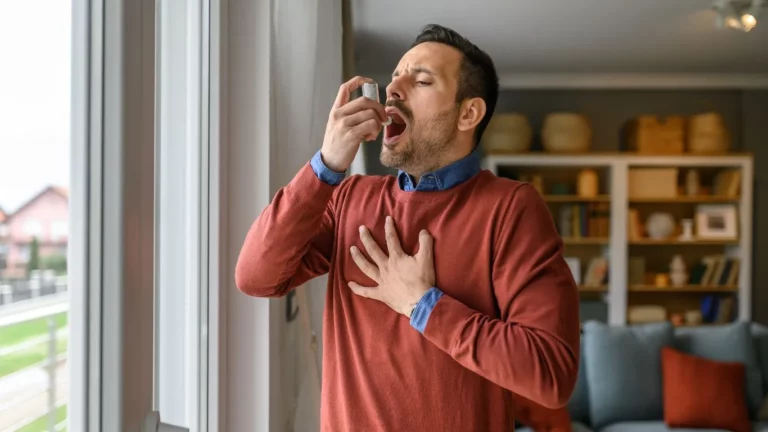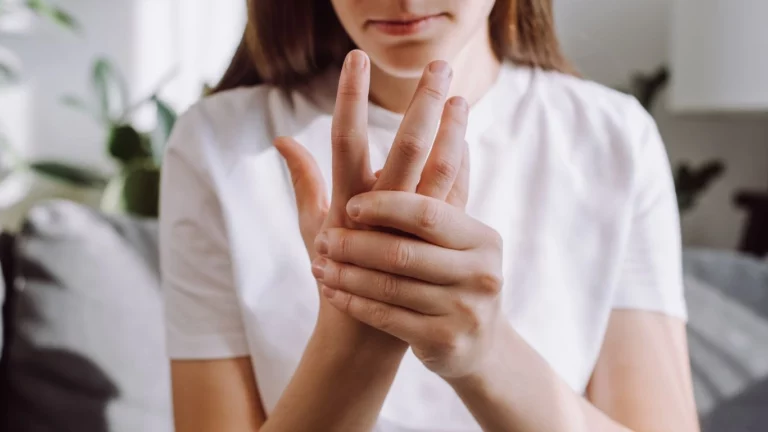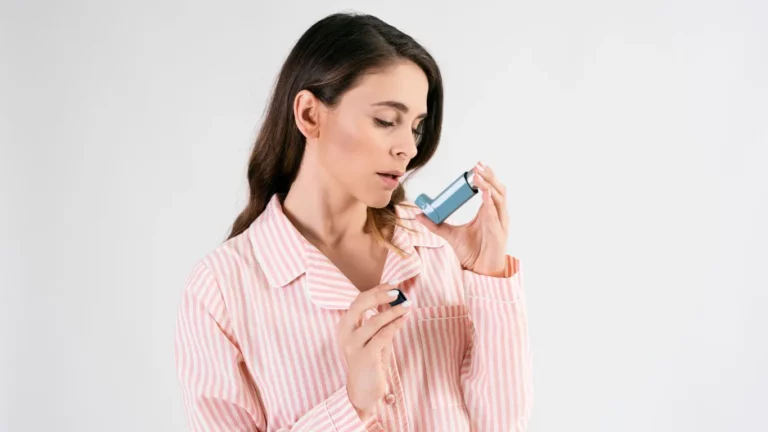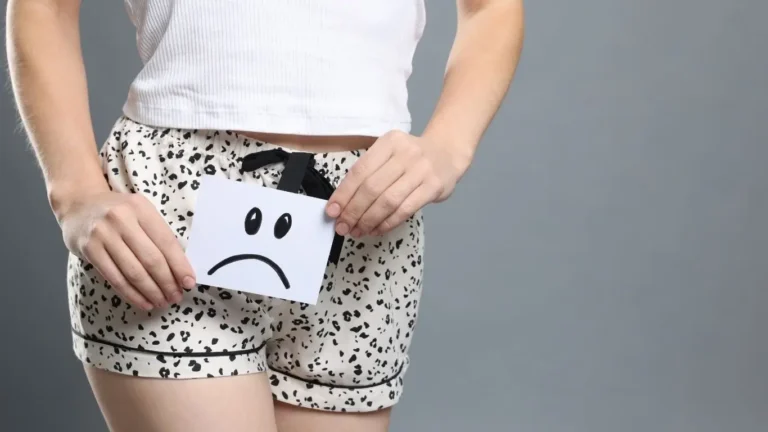How Warm Weather Affects Blood Pressure – Stay Safe in the Heat!
Ever noticed how your body reacts differently when the temperatures start climbing? Maybe you feel a little sluggish, sweat more than usual, or even get lightheaded. But did you know that warm weather can also impact your blood pressure? As a hypertension specialist, I’ve seen patients experience unexpected blood pressure fluctuations during hot summer months, sometimes without realizing what’s happening. Let’s break down exactly why this happens and what you can do to keep your numbers in check.
How Warm Weather Affects Blood Pressure
Temperature changes can have a surprising effect on your cardiovascular system. When it’s hot outside, your body naturally tries to cool down, and this process can either lower or raise your blood pressure depending on several factors. So, if you’ve ever wondered why your readings shift during summer, you’re not alone!

Why Blood Pressure Drops in Hot Weather
When you’re exposed to heat, your body responds by expanding your blood vessels—a process called vasodilation. This allows more blood to flow closer to the skin’s surface, helping you release heat and stay cool. But here’s the catch: when your blood vessels widen, your blood pressure can drop because your heart doesn’t have to work as hard to push blood through your body.
For some people, this might not be a big deal. But if you already have low blood pressure (hypotension) or are on certain medications like beta-blockers or diuretics, this drop can make you feel:
- Dizzy or lightheaded
- Fatigued or weak
- At risk of fainting, especially if standing up too quickly
I’ve had patients tell me they felt “off” during the summer, only to realize their blood pressure was dipping lower than usual. If that sounds familiar, stay hydrated and avoid prolonged exposure to extreme heat!
When Warm Weather Causes a Blood Pressure Spike
Not everyone experiences a drop in blood pressure—some actually see a spike. Why? Dehydration is one of the biggest culprits. When you’re sweating more than you’re drinking, your blood volume decreases, making your heart work harder to circulate blood. This can lead to a temporary increase in blood pressure.
Other factors that might cause a summer blood pressure rise include:
- High humidity: Your body struggles to cool itself, increasing cardiovascular strain.
- Excessive salt loss: Sweat depletes electrolytes, which can throw off blood pressure regulation.
- Stress and heat exhaustion: If your body is overheating, your sympathetic nervous system can kick into overdrive, temporarily raising blood pressure.
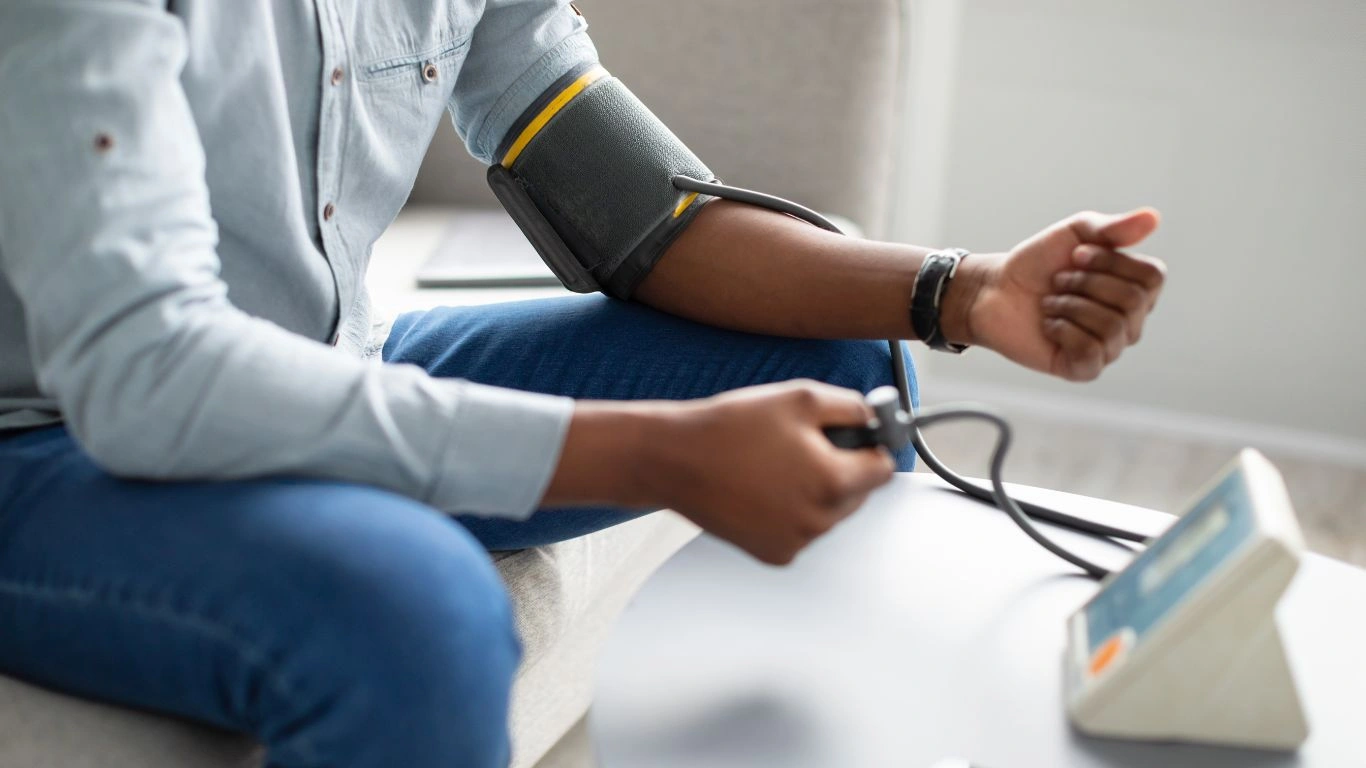
Who’s Most at Risk for Weather-Related Blood Pressure Changes?
While anyone can experience fluctuations, certain groups are more vulnerable. If you fall into any of these categories, you’ll want to be extra cautious in hot weather:
- Older adults: The body’s ability to regulate temperature weakens with age.
- People with hypertension: Heat and dehydration can disrupt medication effectiveness.
- Those on blood pressure meds: Diuretics, beta-blockers, and ACE inhibitors can amplify weather-related effects.
- Individuals with heart conditions: Pre-existing heart disease makes adapting to temperature shifts harder.
As someone who’s treated countless hypertension patients, I always remind them to monitor their readings closely when the seasons change. Even minor shifts can impact how you feel day-to-day.
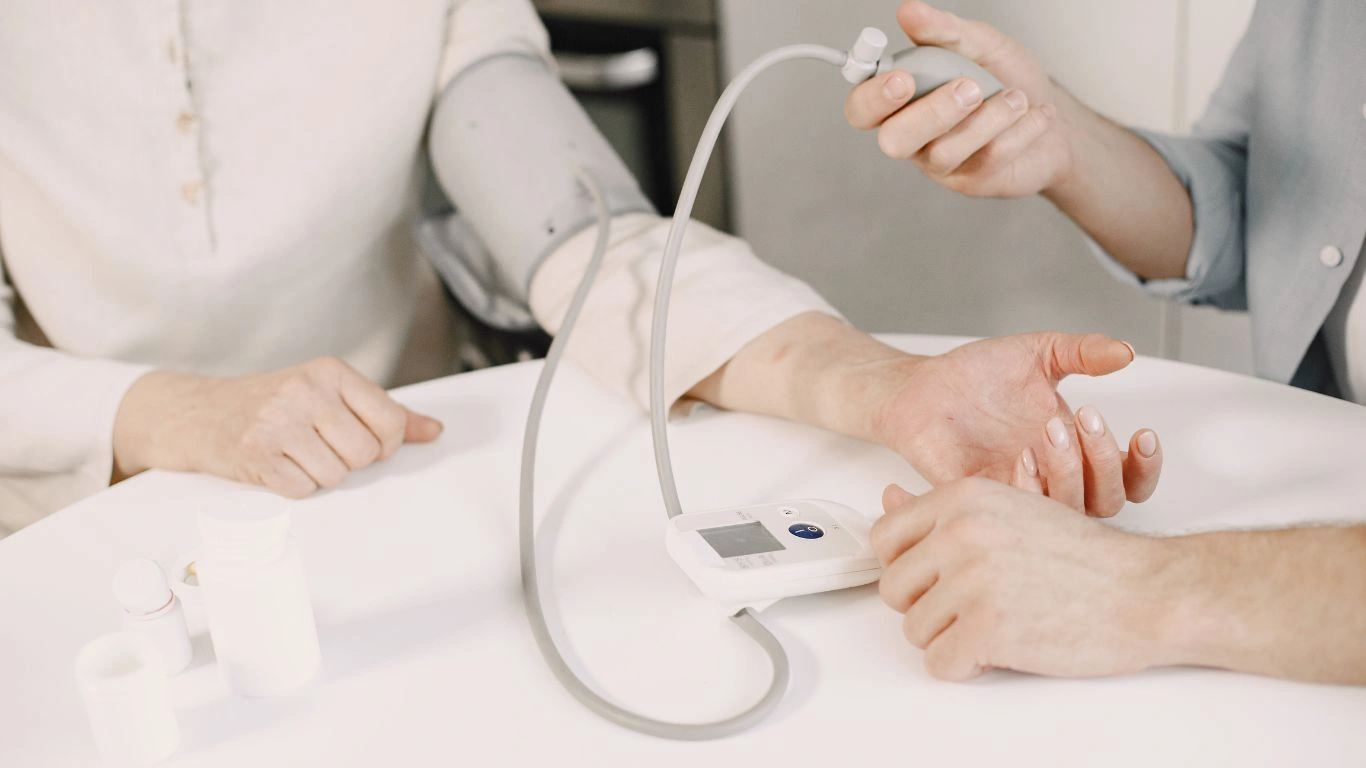
How to Keep Your Blood Pressure Stable in Warm Weather
So, what can you do to protect yourself from summer blood pressure swings? The good news is that small adjustments can make a big difference. Here are my go-to recommendations:
- Stay hydrated: Aim for at least 8 glasses of water a day, or more if you’re sweating heavily.
- Limit alcohol and caffeine: These can dehydrate you and contribute to blood pressure instability.
- Dress for the weather: Lightweight, breathable fabrics help prevent overheating.
- Avoid direct sun during peak hours: Early mornings and evenings are safer for outdoor activities.
- Monitor your blood pressure regularly: If you notice unusual changes, talk to your doctor.
Trust me, I’ve had patients who made just a few of these tweaks and saw a noticeable improvement in how they felt during the summer months. Prevention is always better than trying to fix a problem after it starts.
How Medications React to Warm Weather
One thing I always remind my patients about is that blood pressure medications can behave differently in hot weather. If you’re on antihypertensive meds, it’s important to know how heat can impact their effectiveness—or even cause side effects you weren’t expecting.
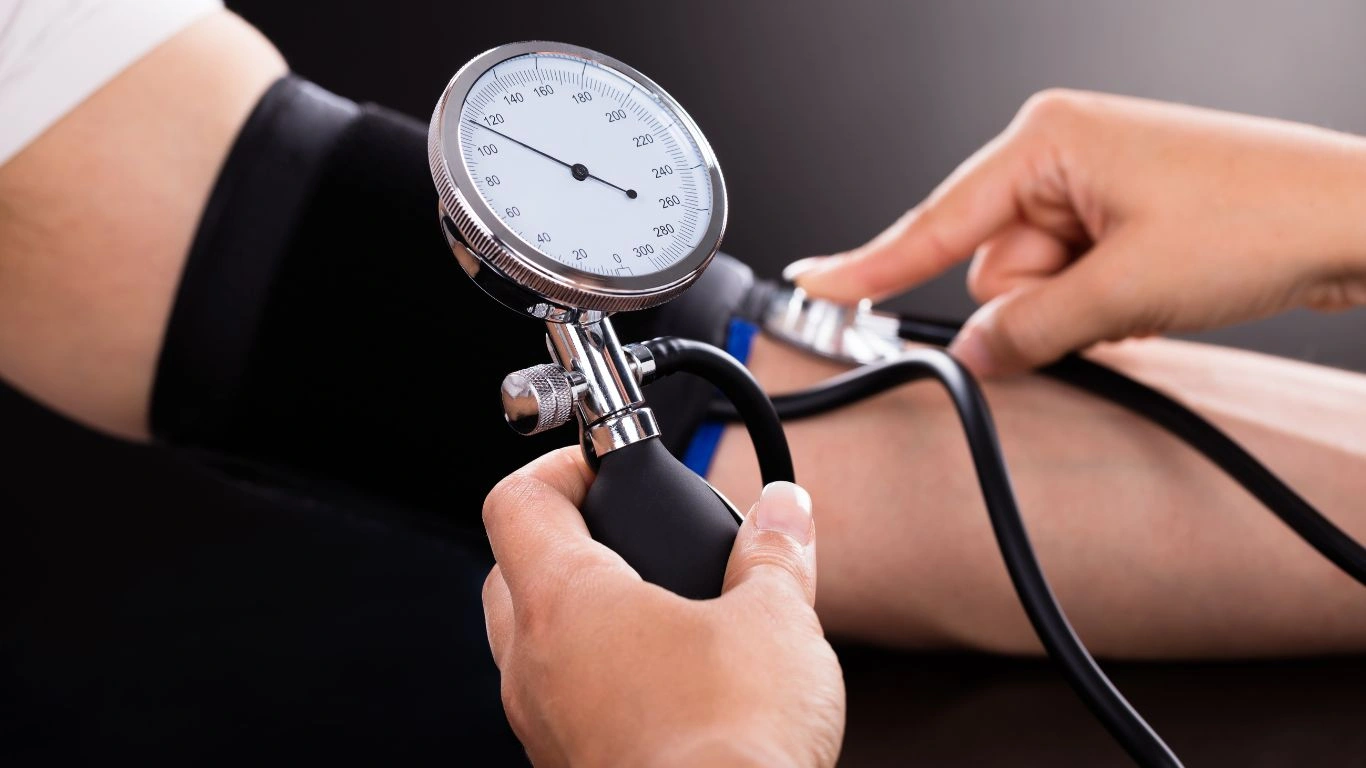
Diuretics and Dehydration Risks
Diuretics, or “water pills,” are commonly prescribed for high blood pressure, but they increase urine output. In cooler months, that’s usually not a problem, but in hot weather, you’re already sweating more, meaning you could lose too much fluid. This can lead to:
- Severe dehydration: Which can cause dizziness, confusion, and fainting.
- Electrolyte imbalances: Low potassium or sodium levels can trigger muscle cramps, weakness, or irregular heartbeats.
- Dangerously low blood pressure: A sudden drop in BP might leave you feeling lightheaded or fatigued.
I’ve had patients tell me they suddenly felt “wiped out” in the summer, only to realize their medication was making them more sensitive to heat-related dehydration. If you’re on diuretics, make sure you’re drinking enough water, but not overloading on fluids to the point of diluting your electrolytes.
Beta-Blockers and Heat Tolerance
Beta-blockers are another common medication for hypertension, but they reduce your heart rate. While this helps keep blood pressure under control, it also makes it harder for your body to cool down in the heat.
Normally, your heart rate increases when you’re hot to help circulate blood to the skin’s surface for cooling. But with beta-blockers, that response is blunted, meaning:
- You may overheat more quickly.
- Exercise or physical activity in the heat may feel extra exhausting.
- Your body might struggle to sweat enough to regulate temperature.
If you take beta-blockers, be extra cautious in hot weather. Stay cool, drink plenty of fluids, and don’t overexert yourself in high temperatures.
How to Adapt Your Routine for Warm Weather
So, how can you enjoy summer without worrying about your blood pressure spiking or dropping unexpectedly? The key is to adjust your daily habits to accommodate the heat.

Best Times for Outdoor Activity
Love being outside? Me too! But during the summer, I always tell my patients to schedule outdoor activities wisely. The sun is strongest between 10 AM and 4 PM, so if you enjoy walks, gardening, or workouts, aim for:
- Early mornings before 9 AM
- Late afternoons after 5 PM
Not only will this help you avoid excessive heat, but you’ll also prevent dehydration and blood pressure fluctuations.
Cooling Strategies That Work
Sometimes, just drinking water isn’t enough to keep your body cool. Here are a few easy ways to regulate your temperature:
- Use cold compresses: Applying a cold washcloth to your neck, wrists, or forehead can lower your core temperature.
- Take cool showers: A quick rinse in cool (not icy!) water can prevent overheating.
- Keep your home comfortable: Use fans, air conditioning, or open windows for airflow.
- Wear lightweight fabrics: Loose, breathable clothes made of cotton or linen work best.
One of my patients, who struggled with summer hypertension spikes, started using cold compresses on her wrists after walks, and it completely changed her summer routine. Sometimes, small changes make a big difference!
Foods That Support Healthy Blood Pressure in Summer
What you eat can either help stabilize your blood pressure in the heat or make it worse. So, if you’re wondering what to reach for on a hot day, here are some summer-friendly foods that can keep your BP in check.
Hydrating Foods
Since dehydration is a big concern in warm weather, eating water-rich foods can help maintain fluid balance.
- Watermelon: Over 90% water and packed with heart-healthy potassium.
- Cucumbers: Hydrating, refreshing, and great for snacking.
- Celery: Naturally helps lower blood pressure while keeping you hydrated.
- Berries: High in antioxidants and great for cardiovascular health.
Electrolyte-Rich Foods
When you sweat a lot, you lose key electrolytes like sodium, potassium, and magnesium, all of which are essential for blood pressure regulation. To replenish them, add these to your meals:
- Bananas: Loaded with potassium, which helps balance sodium levels.
- Leafy greens: Spinach and kale provide magnesium, which supports blood vessel relaxation.
- Oranges: A great source of potassium and vitamin C.
- Avocados: Rich in potassium and healthy fats for heart health.
By incorporating these foods into your diet, you can help your body stay hydrated and keep blood pressure stable—without needing drastic changes.
Case Studies & Real-Life Examples
Let’s take a look at some real-life examples of how warm weather affects blood pressure. These cases show just how important it is to be aware of temperature-related changes and take action before problems arise.

Case Study #1: The Unexpected Summer Drop
One of my longtime patients, Susan, a 68-year-old retired teacher, has been managing her hypertension well for years. But every summer, she started feeling unusually dizzy and fatigued. At first, she thought it was just the heat making her tired. However, after checking her blood pressure at home, she noticed her numbers were significantly lower than normal.
After discussing her symptoms, we realized her blood pressure medication—a diuretic—was making her more susceptible to dehydration, which was leading to a sudden drop in blood pressure. We adjusted her medication dosage slightly for the summer months, and she started drinking more electrolyte-rich fluids. Within a week, she felt like herself again.
Case Study #2: The Hypertensive Spike
On the other hand, Mark, a 55-year-old construction worker, had the opposite issue. He normally had borderline high blood pressure, but when summer arrived, his numbers spiked into dangerous territory.
After reviewing his lifestyle, it became clear: Mark was losing a lot of fluids through sweat but not drinking enough water. This caused his blood volume to drop, making his heart work harder and sending his blood pressure soaring. We worked together on a hydration plan, incorporating potassium-rich foods and timing his breaks in the shade. Within a month, his BP readings stabilized, and he felt much better.
Key Takeaways: What You Need to Remember
By now, you’ve probably realized that hot weather and blood pressure go hand in hand. Here are the most important points to remember:
- Heat can lower or raise blood pressure: Vasodilation can cause drops, while dehydration can cause spikes.
- Medications may react differently in warm weather: Diuretics increase dehydration risks, while beta-blockers affect heat tolerance.
- Staying hydrated is essential: Drinking enough water and eating electrolyte-rich foods can help keep BP stable.
- Monitor your readings regularly: Small changes can help you adjust your routine before symptoms become serious.
FAQs
Here are some common questions I get from patients about warm weather and blood pressure:
1. Should I adjust my medication in the summer?
Never change your medication dosage without consulting your doctor. However, if you notice symptoms like dizziness, fatigue, or extreme BP fluctuations, let your healthcare provider know. Some medications may need slight adjustments during extreme weather conditions.
2. How much water should I drink daily in warm weather?
Aim for at least 8-10 glasses of water per day, but if you’re sweating heavily or outdoors for extended periods, you may need more. Listen to your body and stay ahead of dehydration.
3. Can hot weather cause blood pressure to fluctuate even if I’m healthy?
Yes! Even if you don’t have hypertension, your body naturally responds to heat by adjusting blood vessel dilation and fluid balance, which can temporarily affect BP.
Bonus: Additional Resources & DIY Tips
Want to learn more or take control of your blood pressure during warm weather? Here are some helpful resources:
- American Heart Association – Latest research on heart health
- CDC Blood Pressure Guidelines – Practical tips on managing hypertension
- National Heart, Lung, and Blood Institute – In-depth resources on BP control
And if you prefer a DIY approach, try these:
- Make a hydration tracker: Set reminders to drink water throughout the day.
- Keep a BP journal: Track how your readings change in different temperatures.
- Use cooling towels: These can help regulate your body temperature in extreme heat.
Appendix: References, Disclaimer & Call to Action
References
For further reading, check out these sources:
Disclaimer
This article is for informational purposes only and should not be considered medical advice. Always consult a healthcare provider before making changes to your medication or lifestyle.
Final Thoughts
Managing blood pressure in warm weather doesn’t have to be complicated, but it does require some awareness and small adjustments. By staying hydrated, monitoring your BP, and understanding how heat affects your body, you can enjoy summer safely and comfortably.
If you found this article helpful, feel free to share it! And if you have any questions, leave a comment below—I’d love to hear from you.

Dr. Gwenna Aazee is a board-certified Internal Medicine Physician with a special focus on hypertension management, chronic disease prevention, and patient education. With years of experience in both clinical practice and medical writing, she’s passionate about turning evidence-based medicine into accessible, actionable advice. Through her work at Healthusias.com, Dr. Aazee empowers readers to take charge of their health with confidence and clarity. Off the clock, she enjoys deep dives into nutrition research, long walks with her rescue pup, and simplifying medical jargon one article at a time.



